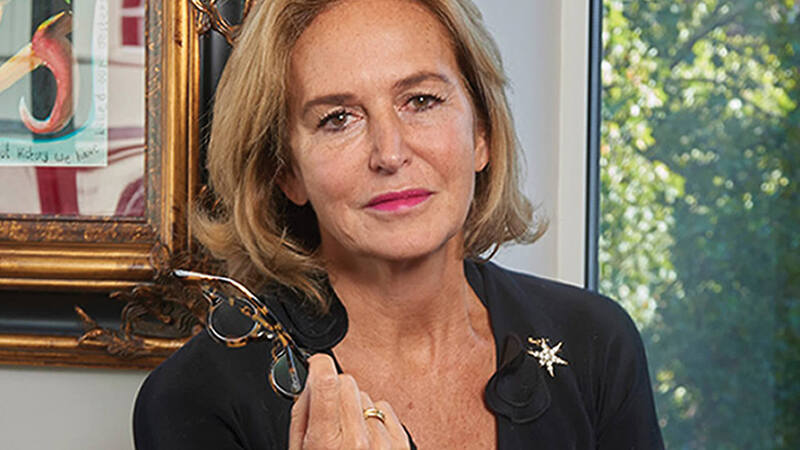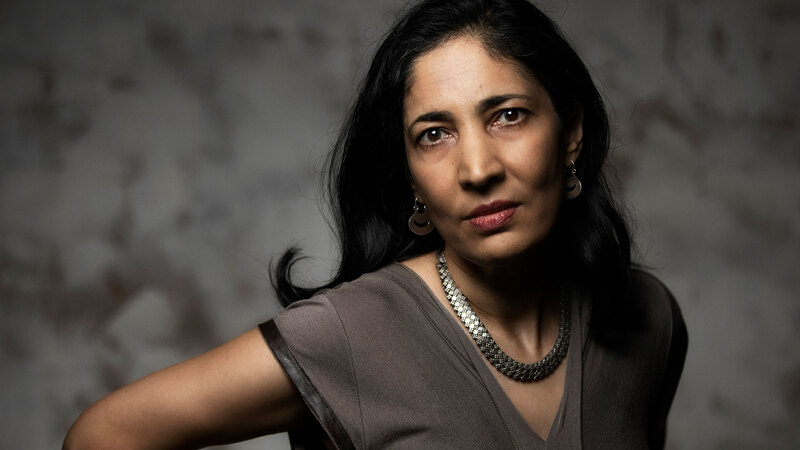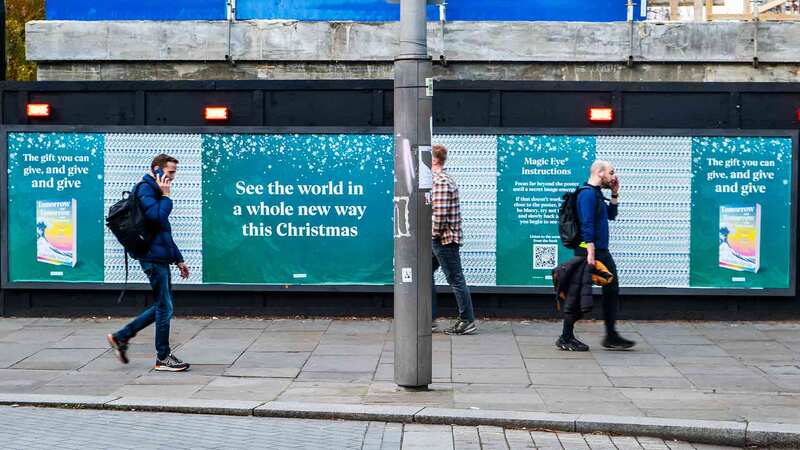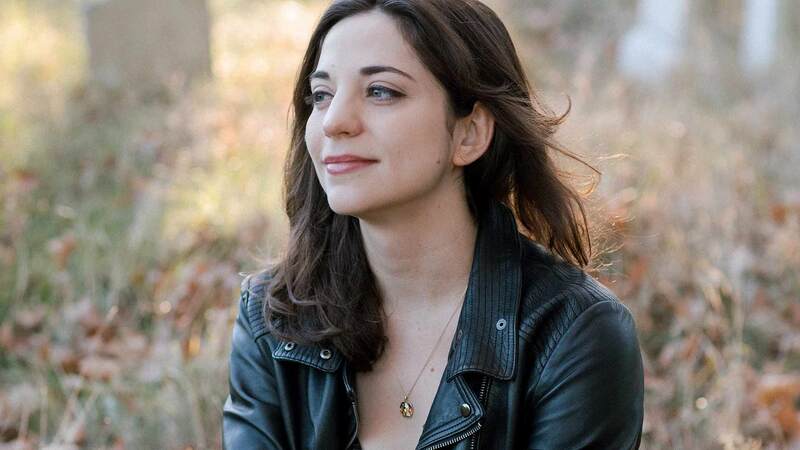You are viewing your 1 free article this month. Login to read more articles.
John Bird: Story of a late redemption
John Bird, the founder of the Big Issue, the magazine sold by the homeless to help them help themselves, rolls up to his interview with The Bookseller at 10.30 in the morning, having been up all night. "I'm a night bird," he explains cheerfully. "I go out at about 11 o' clock at night, and I meet people in clubs and have a drink and a talk, and then go to breakfast."
Bird, whose autobiography, Some Luck (Hamish Hamilton, £16.99, 0241141583), is being published at the end of October, is a larger-than- life presence. He talks energetically and at length, jokes a great deal with the waitress at the café, and takes frequent calls on his mobile during the interview to arrange meetings and get out of meetings.
At one point, digressing on the subject of his knowledge of street-fighting, he cups his hand to demonstrate the precise movement required to take out somebody's eye. Later he is anxious that his interview photograph shouldn't focus on his broken nose, complaining that most photographers make him look like a pugilist.
"I get a bad press every now and then," he observes. "There's so much distortion about me; I'm either a thug or a saint, and there are quite a number of people who see me as a thug."
Bird's own life story is, he says, similar to that of many of the people who end up homeless--and indeed he experienced homelessness himself, first as a child and later as a young runaway.
He grew up in poverty, in an Irish family living in Notting Hill in the 1950s, when it was a slum area; family life was economically unstable and, among many ups and downs, John and his brothers spent time in a convent orphanage when his parents couldn't cope. Later he worked sporadically as a hairdresser, a gardener and a roadsweeper, but drifted into petty crime and did a spell at Ashford Boys' Prison. He developed a love of poetry and drawing, but squandered his chances when a precious opportunity came up at the Chelsea School of Art. He became a father at 19, but his wife soon left, taking his baby daughter with her.
Adulthood brought more stability, but there is no doubt that the Big Issue offered Bird a late redemption. He is frank about it: had the opportunity of the magazine not come up (in 1991, at the initiative of his friends Anita and Gordon Roddick), the pattern of his life would have looked very different.
"I wanted to show that often you fuck up and fuck up, and then you get it right. You can spend most of your life bullshitting yourself about 'Yes, I'm going to turn this corner, I'm going to give up smoking and drinking', and it's all bollocks. I wanted to show that you could spend your life almost getting there, almost achieving things, being almost clever, and almost well-prepared, but actually in the end you can still achieve.
"I'm no great genius. What I've done isn't rocket science. If the Big Issue hadn't come along, I'd have had to write a different kind of book, a book that was more about seeking some kind of resolution because I'd never achieved anything."
The great strength of Bird's autobiography is the clarity and unsparing honesty of his writing as he looks back on the milieu in which he grew up. He says he wanted to avoid the romanticisation of poverty he perceived in accounts like Frank McCourt's Angela's Ashes. "I found that book so refined and poetic, and I wanted to write really about a rather beaten people. They were the labourers, an underskilled class, what Marxists call the lumpenproletariat, the bastards who don't pay the rent.
"I wanted to show the brutality of thought that goes with being 11 and really wanting to burn houses down and calling people 'cunts'. One of the stories that got left out--it wasn't cut out for politeness, there were just so many stories--was how one summer me and my mates tried to sell a boy who was a weak member of our group to a homosexual tramp, for 10 shillings.
"I was antisocial; I wasn't a Kray. I think there are too many books about the big killers, but there are millions of people around the world who are just antisocial and glue up the works, and they end up homeless and lost. I don't represent the criminal classes, I just represent the badly behaved classes. They don't make it as criminals, they just make it in the small league as drifters, and no one ever writes about them."
It all came down, he accepts now, to a lack of security in childhood. "I just wanted to show a particular person who goes through a lot of trauma, particularly in his early life, and really is part of the great unloved; I don't think my parents knew how to love their children-- chastisement was their way of saying 'I care for you'. All that moving from one place to another, and never being able to rely on your parents for food or creature comforts, kind of puts you off the adult world."
Bird ends Some Luck at the point when the Big Issue began. Readers interested in the inside track on the life of the magazine will have to wait until his next book, in which he intends to trace that story, promising to reveal internal dramas of Shakespearean proportions: "There's been a lot of treachery around me, people I've trusted who've betrayed me," he hints.
The magazine is facing changing times now, with redundancies at the London office this summer as the editorial side of the magazine is centred at the Manchester office, amid financial cutbacks. An article in the Media Guardian last month by the Big Issue's former deputy editor heavily criticised Bird's management, under the headline "Has the Big Issue's founder become its biggest problem?"
Bird counters: "We've had press that has reported a sea change in the life of the magazine from the perspective of some of the people who are leaving. They obviously have a view of what that sea change is. We've got less money to spend because of advertising sales being down, so we've cut our cloth differently, and I think we've come up with something more exciting than the Big Issue has been for years."
Benedicte Page









